Published on September 8th, 2011 | by Julia
On Storytelling: Conflict! Conflict! Conflict!
Stories are a huge part of our lives – and not just the stories we watch online or on TV, or the big screen, or read about in books. Think about your grandmother giving you the dirt on her neighbor, or your friend telling you about an encounter she had with the weirdest teacher ever. Every day, we listen to stories from our friends and families, and every day we keep building our own.
But there’s a difference between a walk to the park and a story. There’s a difference between Harry Potter having the time of his life at Hogworts and Harry Potter coming face to face with the dark wizard who killed his parents.
The difference is conflict.
Part of the fun of storytelling is getting to know our characters, caring about them, and, unfortunately, making them suffer a bit. Remember how we talked about how all characters must have an objective? How they must have something they want more than anything? Well, conflict creates the obstacles that get in their way – without conflict, there isn’t a whole lot to tell.
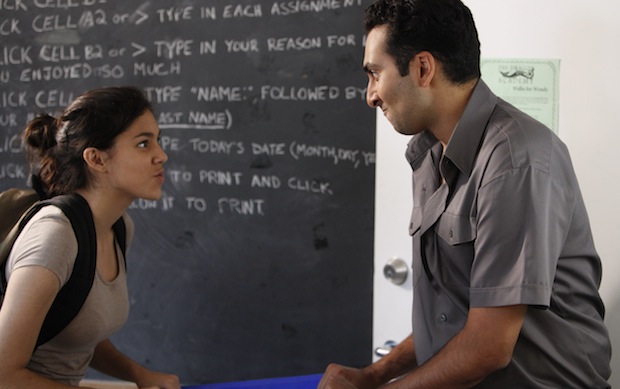
Think about the different kinds of conflict Ruby faces!
Hailey won’t help her with her analyze the scam email, she’s accused of stealing when Diana sticks scarves in her backpack, and she’s locked in a closet with her sister and Griffin (who are both mad at her!), to name just a few.
But a tight objective – to solve the spam scam – keep both Ruby and her audience on their toes. She bribes Hailey with shopping. She ingeniously uses diet coke and mentos to escape her captors — even if that doesn’t end the conflict with Hailey and Griffin!
Let’s face it, without conflict, there really isn’t a story.
Remember, the conflict a protagonist faces changes her – she becomes smarter, sharper and more experienced. And as she grows and matures, the conflict she faces becomes more elaborate and more complicated.
Conflict keeps the audience entertained and coming back for more. Don’t feel too bad about making your characters work for their goals. After all, the audience loves to see them struggle – especially when they come out stronger in the end (and they always do).



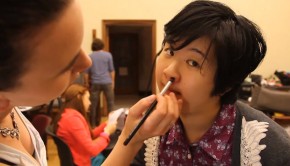
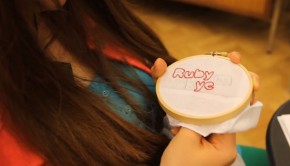
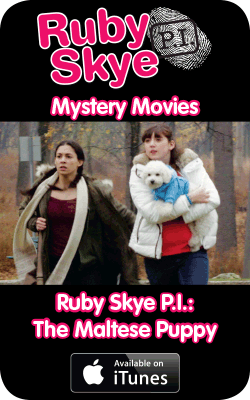
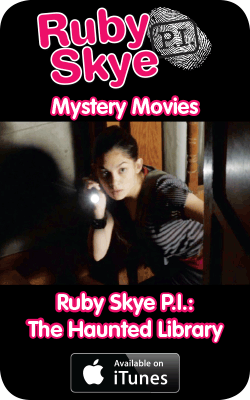
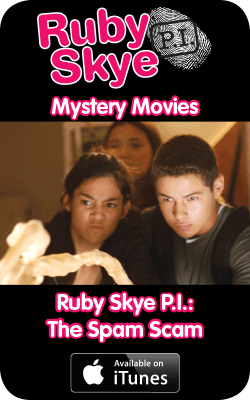


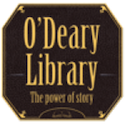





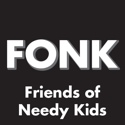


2 Responses to On Storytelling: Conflict! Conflict! Conflict!